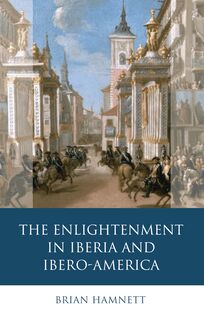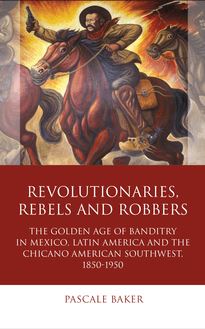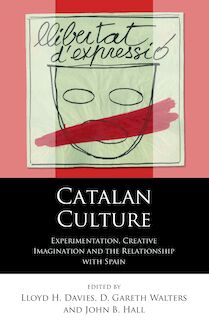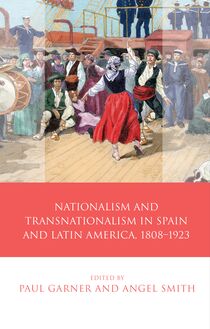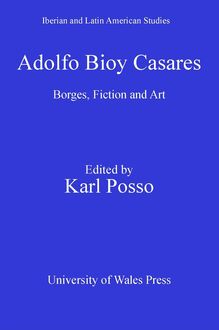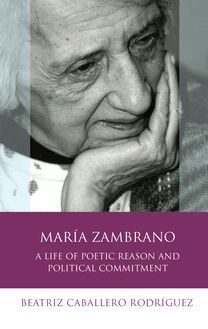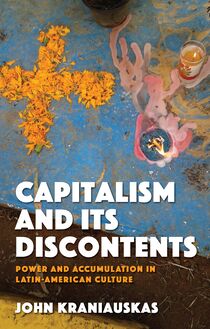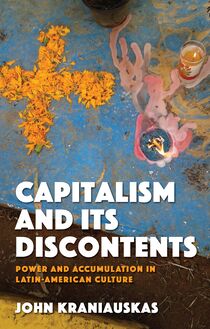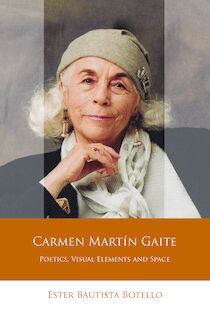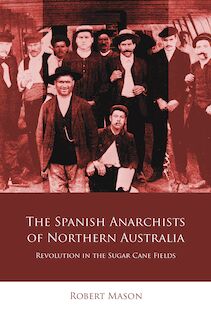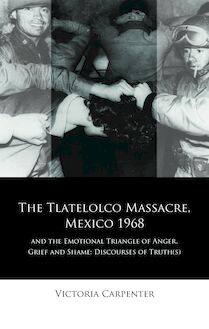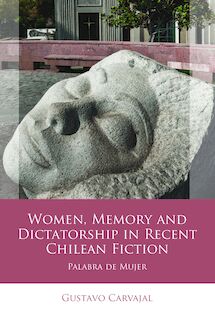-
 Univers
Univers
-
 Ebooks
Ebooks
-
 Livres audio
Livres audio
-
 Presse
Presse
-
 Podcasts
Podcasts
-
 BD
BD
-
 Documents
Documents
-
- Cours
- Révisions
- Ressources pédagogiques
- Sciences de l’éducation
- Manuels scolaires
- Langues
- Travaux de classe
- Annales de BEP
- Etudes supérieures
- Maternelle et primaire
- Fiches de lecture
- Orientation scolaire
- Méthodologie
- Corrigés de devoir
- Annales d’examens et concours
- Annales du bac
- Annales du brevet
- Rapports de stage
La lecture à portée de main
Découvre YouScribe en t'inscrivant gratuitement
Je m'inscrisDécouvre YouScribe en t'inscrivant gratuitement
Je m'inscrisEn savoir plus
En savoir plus

Description
The end of the second millennium witnessed an increase in science-fictional apocalyptic narratives globally. There is a noteworthy difference between such fictions from Latin America and the anglophone world and those from Spain, in which scientific explanations of events coexist with biblically-inspired plots, characters and imagery. This is the first book-length study of either science-fictional novels or apocalyptic literature in that country, analysing six such works between 1990 and 2005. Within a theoretical framework that includes critical and genre theories, archetypal criticism, and biblical scholarship, the book explains this phenomenon as a result of three historical factors: the ‘Two Spains’, Spanish ‘difference’, and the ‘Pact of Silence’, a tacit agreement that made justice and accountability impossible in the name of a peaceful transition to democracy. It repressed any processing of the historical trauma experienced during the Civil War and dictatorship, trauma that manifests itself symbolically in these fictions.
Series Editors’ Foreword
Acknowledgements
Chapter 1. Introduction
Chapter 2. Apocalypse and apotheosis in Rosa Montero’s Temblor
Chapter 3. Apocalypse and alienation in Javier Negrete’s Nox perpetua
Chapter 4. The Mater of all apocalypses: Juan Miguel Aguilera’s La locura de Dios
Chapter 5. Enlightening the apocalypse: Enrique del Barco’s Punto Omega
Chapter 6. Born to kill: Eduardo Vaquerizo’s Mentes de noche y hielo
Chapter 7. ‘Fiery the angels rose’: José Miguel Pallarés and Amadeo Garrigós’s Tiempo prestado
Afterword
Works cited
Index
Sujets
Informations
| Publié par | University of Wales Press |
| Date de parution | 15 décembre 2021 |
| Nombre de lectures | 0 |
| EAN13 | 9781786838131 |
| Langue | English |
| Poids de l'ouvrage | 4 Mo |
Informations légales : prix de location à la page 0,4100€. Cette information est donnée uniquement à titre indicatif conformément à la législation en vigueur.
Extrait
-
 Univers
Univers
-
 Ebooks
Ebooks
-
 Livres audio
Livres audio
-
 Presse
Presse
-
 Podcasts
Podcasts
-
 BD
BD
-
 Documents
Documents
-
Jeunesse
-
Littérature
-
Ressources professionnelles
-
Santé et bien-être
-
Savoirs
-
Education
-
Loisirs et hobbies
-
Art, musique et cinéma
-
Actualité et débat de société
-
Jeunesse
-
Littérature
-
Ressources professionnelles
-
Santé et bien-être
-
Savoirs
-
Education
-
Loisirs et hobbies
-
Art, musique et cinéma
-
Actualité et débat de société
-
Actualités
-
Lifestyle
-
Presse jeunesse
-
Presse professionnelle
-
Pratique
-
Presse sportive
-
Presse internationale
-
Culture & Médias
-
Action et Aventures
-
Science-fiction et Fantasy
-
Société
-
Jeunesse
-
Littérature
-
Ressources professionnelles
-
Santé et bien-être
-
Savoirs
-
Education
-
Loisirs et hobbies
-
Art, musique et cinéma
-
Actualité et débat de société
- Cours
- Révisions
- Ressources pédagogiques
- Sciences de l’éducation
- Manuels scolaires
- Langues
- Travaux de classe
- Annales de BEP
- Etudes supérieures
- Maternelle et primaire
- Fiches de lecture
- Orientation scolaire
- Méthodologie
- Corrigés de devoir
- Annales d’examens et concours
- Annales du bac
- Annales du brevet
- Rapports de stage
